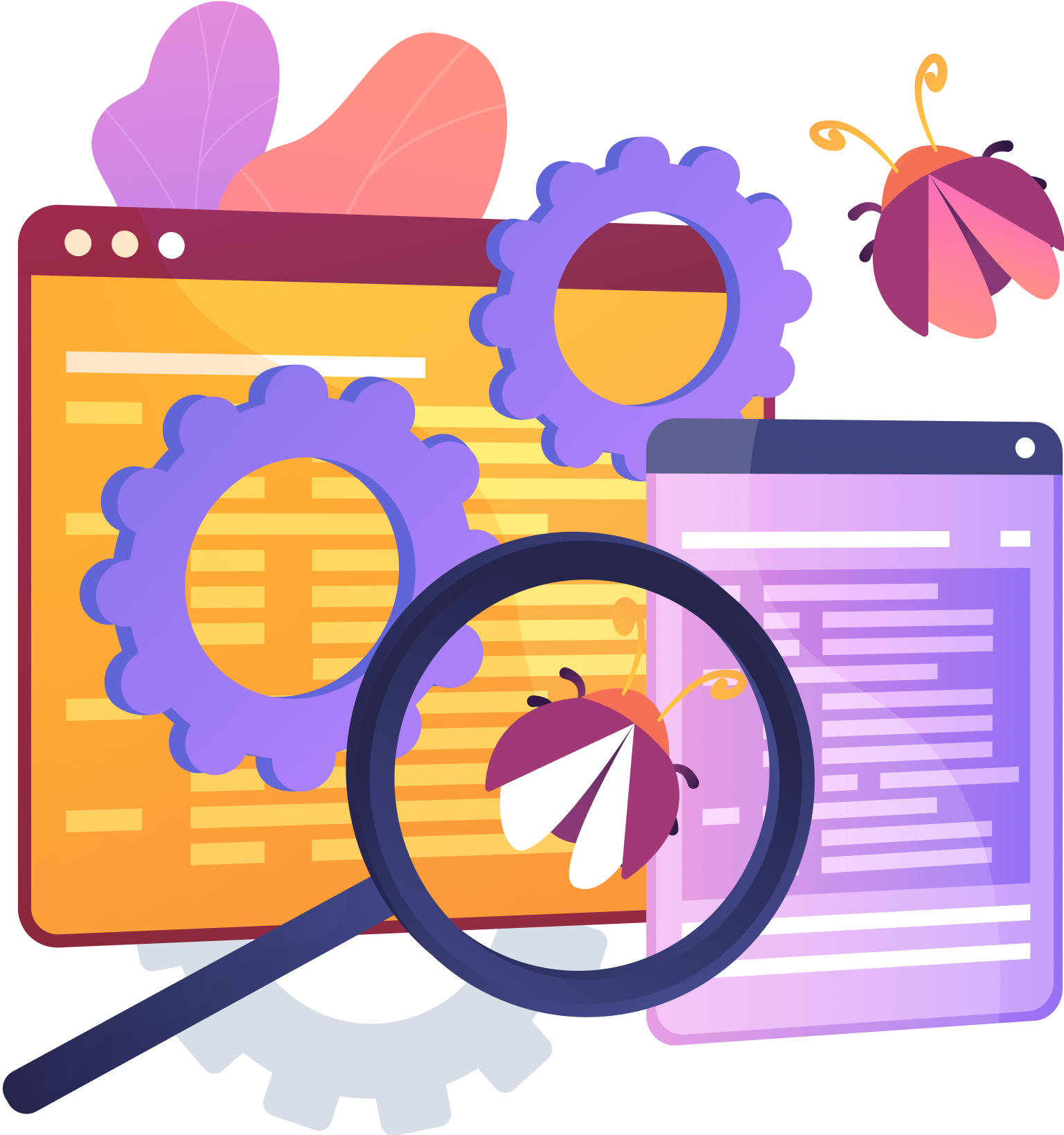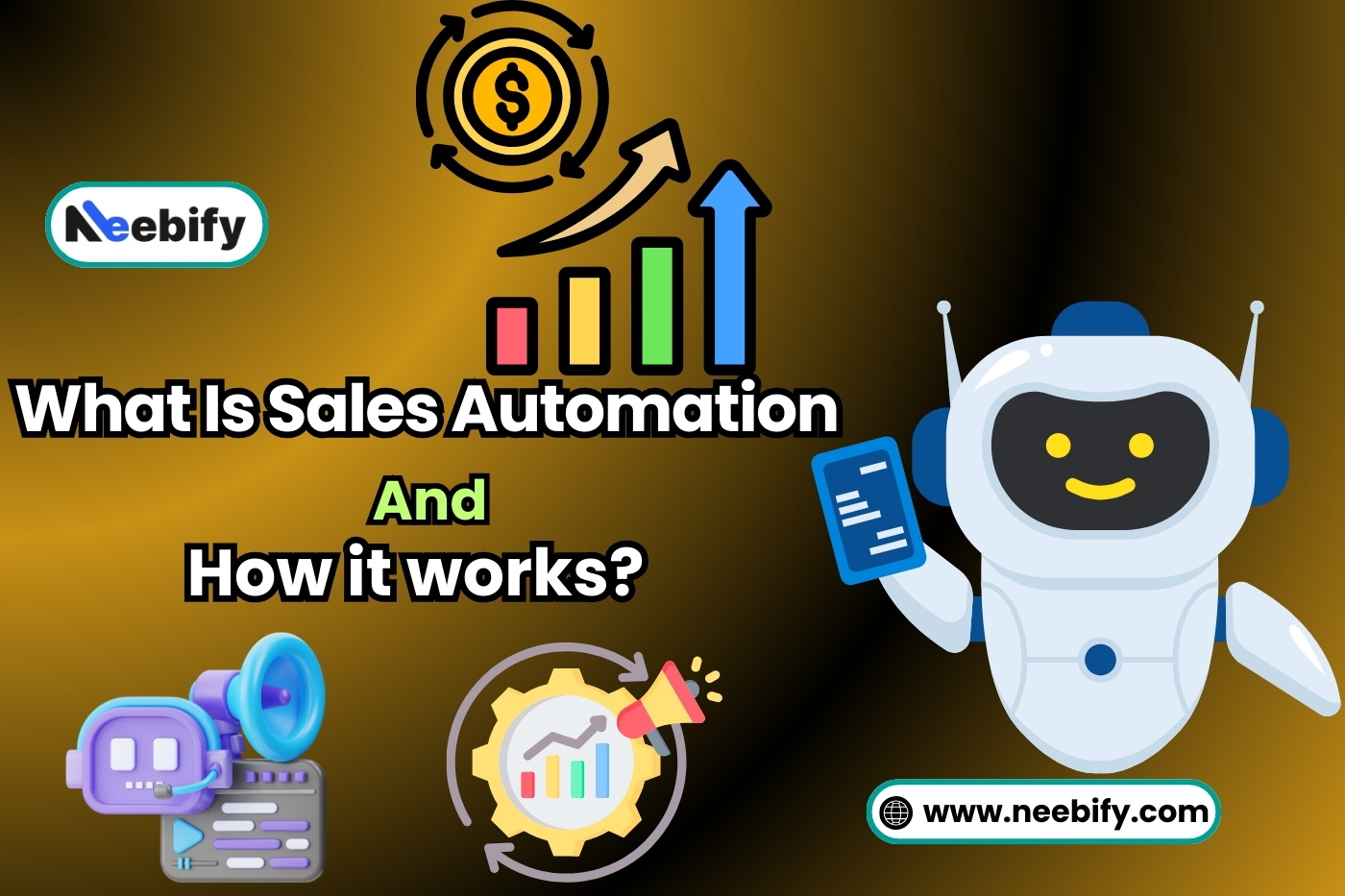CRM for higher education: Enhance Your Academic Progress Metrics

Colleges and universities must continually strive to improve their academic progress metrics in today's competitive higher education landscape. One of the most effective ways is implementing a customer relationship management (CRM) system tailored specifically for higher education institutions.
A CRM system allows institutions to manage their interactions with prospective and current students in a more organized and efficient way. Utilizing a CRM for higher education institutions can improve their communication with students, enhance the overall student experience, and ultimately boost academic progress metrics such as retention rates, graduation rates, and student satisfaction.
One key benefit of a CRM system for higher education is its ability to streamline communication with prospective students. By integrating CRM into educational institutions' websites and social media platforms, schools can automate sending personalized messages and notifications to potential applicants. It can increase the number of applications received and improve the quality of the applicant pool.
Once enrolled, the CRM can facilitate communication between students and various departments. It can help students stay on track with their academic progress a student is struggling with a particular course, the CRM system can automatically notify the appropriate academic advisor, who can reach out to the student with personalized support.
This system can also track and analyze student performance and engagement data. By collecting and analyzing data such as student grades, attendance records, and participation in extracurricular activities, institutions can gain valuable insights into how to better support their students. It can help to improve retention rates and graduation rates, as well as enhance overall student satisfaction.
What are the Important Roles of CRM Software in the Educational Sector?
CRM (Customer Relationship Management) software has been widely used in business to manage customer relationships. Still, it has also become an important tool for educational institutions like universities and colleges to manage relationships with stakeholders such as students, alums, faculty, staff, and donors.
Here are some of the important roles of CRM software in education:
1- Student Recruitment and Admissions: CRM software in education organizations can be used to track prospective students and manage the admissions process. The software can collect data about prospective students, such as their interests, academic qualifications, and other relevant information. This information can be used to create targeted marketing campaigns and improve the effectiveness of recruitment efforts.
2- Student Retention: CRM software can track student progress and identify potential areas of concern, such as low grades or attendance issues. By identifying these issues early, institutions can intervene and provide additional support to help students succeed.
3- Student Engagement: CRM solutions for full student lifecycle management can improve student engagement by providing personalized communication and support. The software can track student preferences, such as preferred communication channels and areas of interest. This information can be used to create personalized messaging and communication that is more likely to resonate with students.
4- Alumni Relations: CRM software can manage relationships with alums and track donations and events. The software can inform alums about events and activities and encourage engagement and donations.
5- Analytics and Reporting: The software can collect and analyze data about students, alums, and other stakeholders. This data can be used to identify trends and make informed decisions about recruitment, retention, and engagement efforts.
CRM software plays an important role in education by providing a centralized system for managing relationships with various stakeholders. Educational institutions can use CRM software to improve student recruitment, retention, engagement, and alum relations while leveraging data analytics to make informed decisions.
Benefits of CRM System in the Educational Sector
Benefits of a Customer Relationship Management strategy in businesses to manage customer interactions and improve customer satisfaction. However, CRM systems are not limited to the business sector; they can also benefit the educational sector.
Let's discuss the benefits of using CRM for Higher Education.
1- Improved communication with students: CRM systems enable educational institutions to communicate more personalized and targeted with their students. Educational institutions can send tailored communications to students about course offerings, career services, and other relevant information using student behavior, preferences, and needs data. It can improve engagement, higher student satisfaction, and better retention rates.
2- Enhanced student recruitment: Higher education CRM systems can use to track prospective students' interactions with the institution, including website visits, email communication, and social media engagement. By analyzing this data, institutions can gain insights into the interests and preferences of prospective students and tailor their recruitment efforts accordingly. It can lead to more successful recruitment efforts and a higher-quality applicant pool.
3- Increased efficiency in administrative tasks: Higher education CRM solutions streamline administrative tasks, such as managing student records, tracking course enrollments, and scheduling appointments. By automating these processes, institutions can reduce manual workloads and free up staff to focus on more value-added activities, such as personalized student support and academic advising.
4- Improved student success and outcomes: By tracking student interactions and behaviors, institutions can identify students at risk of dropping out or falling behind academically. It enables institutions to intervene early and provide targeted support to improve student success and outcomes. For example, an institution might use a CRM system to track student attendance and engagement and provide additional academic support to struggling students.
5- Enhanced institutional decision-making: By analyzing student behaviors and preferences data, educational institutions can gain insights into areas where they can improve their programs and services. For example, if an institution notices that students frequently drop out of a particular course, it may indicate that changes are needed to improve the course content or delivery. With the best CRM system, any educational organization can make data-driven decisions to improve its programs and services.
Some Free Higher Education CRM Solutions for Schools
Several free higher education CRM systems for schools can help manage student data and improve communication with students. Here are some options:
1- HubSpot CRM: HubSpot provides a free CRM system with tools for managing student data, tracking interactions, and automating communication. It can be a great option for schools that want to improve their recruitment efforts and engage with students in a more personalized way.
2- Zoho CRM: Zoho is a free CRM platform for schools that can manage student data, track interactions, and automate communication. This system includes tools for managing leads, contacts, and accounts and a mobile app for on-the-go access.
3- Insightly: It is a free CRM tool for managing student data, tracking interactions, and automating communication. This system can be a good option for schools that want to streamline administrative tasks and improve communication with students and parents.
4- Bitrix24: This free CRM system can be used by schools to manage student data, track interactions, and automate communication. This system includes tools for managing contacts, leads, and deals and a mobile app for on-the-go access.
These free CRM systems can help schools manage student data and improve communication with students. Schools should evaluate their needs and goals to determine which system best suits them.
Conclusion
Implementing a CRM system tailored specifically for higher education institutions and schools can significantly impact academic progress metrics such as retention rates, graduation rates, and student satisfaction. By streamlining communication with prospective and current students, tracking and analyzing student data, and providing personalized support, institutions can enhance the student experience and improve their reputation in the competitive higher education landscape.









